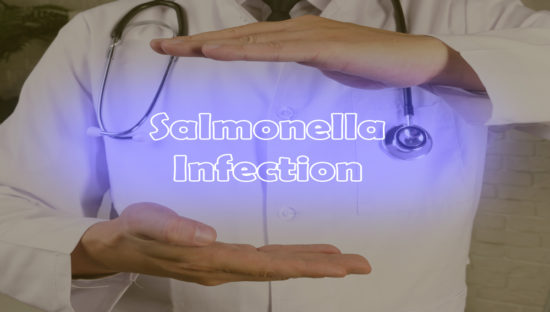Scientists have been awarded funding to explore how some healthy people are naturally protected from being infected by Salmonella Typhimurium.
The five-year project will receive more than £4.5 million ($6 million) in Wellcome Discovery funding. Wellcome is a charitable foundation that supports scientific research.
Led by Professor Jay Hinton, with help from Dr. Blanca Perez-Sepulveda, Professor Roy Goodacre and Dr. Ed Cunningham-Oakes at the University of Liverpool, the team also includes Lisa Maier, from the University of Tübingen, Professor Wolf Hardt of ETH Zurich, and Dr. Malick Gibani from Imperial College London.
Building on the research group’s work into invasive non-typhoidal Salmonella in Africa, this new initiative shifts the focus to colonization resistance — the ability of the gut microbiota to prevent infection.
Finding out why some people show resistance
The study is a follow-up to the Challenge non-typhoidal Salmonella (CHANTS) human challenge trial, a £3 million ($4 million) Wellcome-funded project recently completed by Dr. Gibani’s team at Imperial College London with support from Professor Hinton.
In CHANTS, 50 healthy volunteers were deliberately exposed to Salmonella Typhimurium by drinking a vial containing the bacteria. Some individuals showed complete resistance to colonization — a finding that forms the scientific basis of the new project.
Using experimental models of the human gut microbiota, the team will investigate how microbial composition, nutrient utilization, and dietary factors determine resistance to SalmonellaTyphimurium infection.
By using data from the CHANTS study with multi-omics analyses of infection dynamics, they aim to reveal the microbial mechanisms that confer colonization resistance.
Dr. Perez-Sepulveda said: “This award allows us to explore the invisible defenders — the gut microbiota — and understand why some healthy people never become colonized when deliberately exposed to Salmonella bacteria. Eventually, we hope it might be possible to modify the microbiota in susceptible children in Africa to prevent invasive non-typhoidal Salmonella disease.”
(To sign up for a free subscription to Food Safety News, click here)



